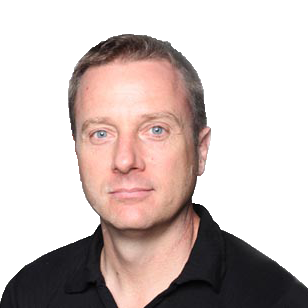
Chuck Culpepper
Biography
Culpepper grew up in Norfolk, Virginia before attending the University of Virginia. Upon graduation, after a short stint at the Suffolk News-Herald, he packed up and headed to Los Angeles where he spent a majority of his time writing about golf and tennis, as well as high school sports.
Culpepper worked his way up and eventually covered Wimbledon and the British Open during his time in Los Angeles. As a bonus, he was a member of the sports team for the Herald Examiner that covered the 1988 World Series. Following stretches at National Sports Daily, The Oregonian, Newsday and Sports on Earth, Culpepper settled into his current position at The Washington Post.
Interviewed by Liam Beatus in 2016
Iwas about eight or nine when I thought, sports journalism, that’s what I want to do.
I can remember our little house in Suffolk, Va., and the newspaper would go to the end of the sidewalk and I picked it up and I would just notice, I can’t really be certain how much they really traveled but I always loved the games and they are great theater.
At nine I really followed a Baltimore Colts team that won Super Bowl 5. And I started to watch ACC basketball, which in some ways is an even bigger deal and in college football so in some ways it was that combination of how the writers traveled and that they got to see the game. The writing didn’t really come in until later. I know when I was in the fifth grade the school newspaper interviewed me and I said I want to be a sportswriter or broadcaster.
I have never been someone that is drawn to a certain athlete or coach and who watched a team for that purpose, I mean I have liked some but there is never one that was a role model as a kid. I have always loved the tension and drama of the game. I always loved the narrative of a season, how it will build to a certain point and where it will go. And it is like theater where even the actors don’t know the outcome with a script.
There were never people but there were always teams and in the mid-70s it became the Los Angeles Rams because the coolest kid in town likes them and everybody like the Redskins so I was always a contrarian. I was always for the Baltimore Orioles because my uncle worked for them in the clubhouse.
In the NBA it was Golden State, they were the team that won the ’75 championship title. I was only 12 so I loved the name, Golden State. I love how they branded it. It’s extraordinary with the bridge on the uniform. It reminds me that there is a team called Golden State. I didn’t even know why it was called Golden State but I knew it sounded cool growing up in an area without any pro sports team except briefly a team in the ABA and they had Julius Erving. The Virginia Squires.
If I were a kid now I wouldn’t be a kid crazy about Tom Brady or Russell Wilson. I would be the kid who loved to follow the game and the drama of the games. I love the sound of the crowd.
I would see the local newspaper, which in my case was the Norfolk Virginian Pilot and one thing I would notice that the writers had datelines which meant they were bouncing around and going to games and then I was 14 started doing a wrap up of our Little League in our part of Suffolk VA. From there I got to college and thought maybe I would do something else but I just never have and it’s carried me to a lot more place then I ever expected.
The reasons why I do it now are different from the beginning. At the beginning, you were going to watch games you were going to meet athletes and go travel around if it goes well, a lot of traveling and now it is the traveling which I still adore but also that it’s a great way to see a way into the cultures of the world. I think it tells a lot about the cultures of the world and how the country.
Of course, I cover college football so I’m in a lot of different places around the country and different regions all the time and you get a different feel for the different cultures. Last Saturday I was in Baton Rouge and this Saturday I’ll be in Seattle. In a way we are almost like 50 different countries with distinctive cultures. You can’t find that anywhere else in life. And I love getting to know the way people are. I don’t think you can quite replicate it.
Obviously, you could as a theater writer or movie critic we’re all kind of a bit in the same genre. I think sports have that element of total surprise that is not found a lot in art or politics. What is the best is it enables you more freedom of writing.
Many movie critics I love, but I think there is so much freedom to write. If you ever write in golf it’s unlike anything else. I have been to 32 golf majors and it surprised me in life and in golf if you think about all the continuities, sand trees, brush, foliage like you’re in the British Open, just all the crazy little things about golf.
It’s kind of a nutty invention, a great one but a nutty one. It just lends itself so well to writing better than any other sport. You’re just allowed to think up different ways to tell things.
At the University of Virginia I majored in something that is no longer there called rhetoric and communication studies, but my real major was The Cavalier Daily. They didn’t have a journalism major I think they still don’t. That’s one thing I knew going there, people told me it wasn’t essential to do, which proved to be true, but I think most of my colleagues are journalism majors.
I was stringing in high school for football and basketball so I was ready to go. And I did stringing for a few papers there while working at The Cavalier Daily. I spent all of my time there, I was the associate sports editor and then I was the sports editor in my third year.
I was following around the Virginia teams, they went to the Final Four twice while I was there, I went there once. It was just great, bouncing around the ACC a lot and following that basketball team. Especially in my last two years making the Sweet Sixteen and the Elite Eight. That Elite Eight loss was devastating because it was to that NC State team that won it all. It was great, with great friends and lots of beer.
Moving from ACC site to ACC site, going to Atlanta was great, going to DC for a Maryland game, or seeing Georgetown matchup with Patrick Ewing and Ralph Sampson, I mean that thing was hyped to the gills. I got to go to Atlanta for the first time and stretch out a little bit. Then I went to New York for the first time. I remember it was Sept. 18, 1981 and we stayed out all night in the city until 8 am. Then we went to see Rutgers play at Giants Stadium and Rutgers won 3-0 so we deserved our big night. I really had a lot of adventures.
A lot of those people I will still keep in touch with today. I might see them at one of my various stops. It’s kind of a ratty old newsroom with torn up carpeting here and there not plush at all. It was on the 5th floor of the Newcomb Building, you had to really want to get up there, no elevator. So it was really nice there, the fourth year I became the editor and I really did not like it there so I knew I did not want to be the editor.
After college, it was really complicated. I would say I had no confidence, for a long time and still don’t to some degree.
The first thing I did was I went to work at CNN in the sports department for three months as an internship. I had a friend from high school who moved to Atlanta, and so there was big excitement during the internship.
We were really close, she loved sports and we even went to a prom together our junior year. And when I got there she came out to me as a lesbian and then I met her partner at the time. So I started hanging out with them a lot in Atlanta it was pretty fun. Then one night her partner was killed in a car accident and my friend committed suicide after that. She just couldn’t handle that. About six weeks later she committed suicide and it was a big reason why I moved to LA, as well.
I’m trying to finally write a whole book about that summer because there was a lot. I was about 22. It would be hard for me to explain what the 80s were like with both the gay issue… and now there might be systems in place… but it really sideswiped me. It’s not really about me but it did. For a while I just went into not a funk but I think I mentioned to you I didn’t have any confidence and that made it worse.
She had gone to Georgia Tech, but she transferred to the Fashion Institute of Atlanta, she really wanted to get into fashion. She didn’t tell anybody at home that she had a girlfriend and when I went to the funeral I was the only one who knew why she did what she did. It was a lot on me as a 22-year-old.
Then I went to New York to work advertising just typing away for a VP of an advertising company for nine months because I wanted to live in New York. Then I went back home to work at the local paper and that was a full year after graduating. I worked at the Suffolk News Herald where I did everything. I was the features editor, I did layout and wrote the stories, edited the stories. It was a good experience but I was still so crushed about what happened in Atlanta that I was depressed about it. I just saved money to move to Los Angeles.
I was aiming to do sports so I went in my little ’86 Corolla. One of the reasons I did it was there were 12 daily newspapers somewhere in an hour to two-hour radius. So, I figured if I got a temp job I could get along with one and I wound up getting two.
I did the Pasadena Star News part time and the Los Angeles Herald Examiner, which was kind of the other paper downtown, it was a broad sheet and kind of a tabloid mentality and is really big in sports. It was a really vivid group of humans who worked there and it was incredible. It was an old building, which is now historically registered by the Hearsts.
At the time, I was stringing for both papers. Stringing is when you are writing for them, usually high schools, but you’re not on the staff. So every now and again you would get a stringer to do a story. I don’t know where it came from. So I would go on Friday afternoons to south central Los Angeles and I’m from a small town in Virginia so it was kind of scary and thrilling because it’s south central Los Angeles and it was a rough place.
The reason I got a job with the Herald- Examiner was I was stringing with them is I had a conflict a certain night with the Pasadena paper, so I couldn’t work for them because I thought I had a shot at getting a job in Pasadena. They didn’t know that, so they offered me a job.
I started off doing high schools, specifically tennis, and then eventually after three years of local (tennis); the person who did Wimbledon left so it was kind of gradual to June of 1987 and that was part- time for months and months until I was full time. They gave me a job and that was really great for me and it was a pretty big newspaper at that time.
The Dodgers made the World Series in '88 and they needed as many people as they could to help with that, so I was there. On the night of Kirk Gibson’s home run we had one beat writer who gave us our assignments. I had Dave Stewart who was starting the game for the Athletics who I thought were going to win the game. I start walking down; and I still regret it, I was standing outside their (A’s) locker room, and nobody even knew Gibson was going to get up to bat, so I wish I had remained in my seat.
Our UCLA beat writer went to the Olympics in Seoul to cover the Summer Games in 1988. When he went out I filled in for a little bit, I just remember Troy Aikman was their quarterback and I thought, wow he is a really nice guy. Especially because we were around the same age…well maybe I was a little older. There was a guy named Darian Hagan, who I covered some in high school. He played quarterback at Colorado, which was a big deal.
So, three-and-a-half years in LA and then the paper folded. I was interviewing the punter for UCLA. They were having a bad year in 1989 and I was just put on the beat, but he was the number one punter in the country. So I was interviewing him and I really liked him, he was interesting. We had a great two-hour conversation and the whole time people were trying to get in touch with me. You know those were the days when you just had an answering machine at home. So you know when people were trying to get in touch with me that the paper had folded. When I got home the answering machine had an 18 on it. So I got out of that interview on the UCLA campus and went the back way, turned right onto Sunset Boulevard-remember there were no mobile phones so nobody could find me. So I turned right and I turned on the radio and it said, “After 118 years the Los Angeles Herald-Examiner will close down tomorrow.” I was driving around numb.
After that then you have probably heard of the National Sports Daily. They were starting it up it had a big funding and there were jobs all over the place because they were hiring and luring people away from other places. Others were calling me in a way that would never happen like any other time. They were looking for people full time. It was a worker’s market. I had a few options and I chose the worst one as it turns out. I moved to Chicago and worked for the National Sports Daily and I covered Notre Dame football. And then I did general assignment and wrote one column a week.
After a year of that, they farmed me out to Pittsburgh and I was their Pittsburgh correspondent. In Pittsburgh was when I found out the paper went out of business and I was thinking of getting out of the business at that point because it wasn’t going well. I was thinking maybe I should try something else in life.
So that’s when I got this call from the editor in Lexington, Kentucky, who wound up being my boss for nine years.
I get to Lexington and the job they needed was a columnist. It’s April of 1991. I wanted to be a columnist because I thought columnist had even more freedom to write. They start talking to me about what the columnist does there: It’s the World Series, it’s the Super Bowl every year and then the Olympics were coming up in Barcelona which was the greatest thing ever so I looked forward to that.
That was when I became a nomad. I followed the Kentucky teams, especially the basketball teams, wherever they were going, which were usually places around the SEC. Also New York and Chicago, two times Hawaii and one time Alaska.
I remember in the year 1992 with the Olympics I was home 22 days in the first eight months and I knew because I kept track. That was when I really got hooked on bouncing around. People would act shocked when they saw me coming back into the office. That was when I never thought of doing something else because that was so ideal in so many ways.
It was an excellent newspaper and thoroughly read by the people and then that phenomenon for Kentucky basketball the first year that I wrote there they played 36 games and the last one that I wrote was the one in Philadelphia against Duke. That was a turn in an exercise in deadline where here you have a game where the lead changed five times in the last 31 seconds of overtime. And then Laettner hits the shot at the end and you have to write it in 30 seconds.
It was wonderful, but I do think of myself as a big city person, the bigger the city the better, so sometimes I would find myself yearning to be in a bigger city and I went on a few interviews. But my boss was so great and when your boss is great almost everything is great. Gene Abell was my boss. He took a buyout last year. Really nice people at the paper, won a few Pulitzers, they won one for an investigation they did about the Kentucky basketball program.
One hurdle I dealt with was that I didn’t go to journalism school. So I think sometimes I was lacking in those areas and sometimes I thought writing was all about how fancy you could write. It was all about, you know when I was writing in LA, was making fancy one-liners or to try to just go on a tangent. For me it was more on writing and it was only later on I realized people get tired of you if you don’t report and try to thicken your stories. Sometimes nowadays if I’m interviewing someone for a story and I’ll just tell myself get out of the way. These stories can just tell themselves because you reported them.
Horse racing really helped me. It was such a good sport for finding stories and telling the stories rather than pontificating on what would happen. So I think that I slowly realized that, yeah it’s about you because you’re the columnist, but it’s more about the subject.
I also had the whole thing of being gay I had to sort out in my own head. I lived a long time with some sort of fear that they would get rid of me. It was more of a personal hurdle than a professional one. For a long time my boss would call me up and say we (need) an extra column, would you like to do it? And I would say, “yes yes!! I would love to.” I always thought he was calling me in to get rid of me, which was ludicrous because he would never do that anyway. I think that was for me the biggest obstacle.
In 2013, I did a column for Sports on Earth called “The Gay Super Bowl. That was largely about me. I thought what would happen is if everybody knew it, nobody would ask about it except for a few dear friends. A lot of my friends in the business at that point were women and are women because in some way I have some sort of understanding that they feel out numbered and so did I. I think I always had this slight dread walking to the stadium to do something I loved but knowing I had a secret and if they found out my secret I would be in trouble.
Here is an example: I had a great friend Janet Graham from the Cincinnati Post and she was covering Kentucky and we were at the Final Four in San Antonio in ’98 and we went to this huge club where a drag queen did a Titanic thing where she lip synced that awful song but it was really funny and really great. And the two of us thought “You know there’s probably 215 media credentials for this than in the Alamo Dome and I’m sure we’re the only people in this club.” So it was really just a life with doubleness to it because I would go cover a game where I went out would be completely different from where other people would go out.
I remember that from when the Rams made it to the Super Bowl (when in St. Louis). I just remember those times being different from when I was in New York.
Whenever I was in New York, say, going to a basketball arena in New York and then you look at all of the people you’re going to be with there: your co-workers, members of the press there, so you know all of these people and then sometimes separately I would go to New York’s big booming club and none of those people from the arena would be at the club. And none of the people from the club would be at the arena so it was two separate worlds. And I was always traveling into two separate worlds back and forth.
It was a time when if you had been outed it would have been a big deal. It would have gotten a lot of attention and in some sense, I wish I would have gone out and done it there, if not there then at my next job in Portland because why not? But there are lots of reasons for that. But you’re always worried what if the athletes found out. That was a time that was probably differently from now, there was a sense that it could have cost you with them and have been ostracized with them at least in your imagination.
There was one football player in Kentucky that I knew and we would talk some time and was a great guy. He was an Evangelical Christian and he once wrote an op-ed piece for the school newspaper and he wanted me to read it. It was an anti-gay op-ed about his faith and why his faith was important to him and he wanted me to read it and edit it for him. I just thought oh boy this is strange. I didn’t try to change the opinion in it because that’s not what he asked me, it was his column and his opinion but at the same time I think “oh god” because I didn’t talk to him about it at all. So there were lots of awkward situations like that that felt awkward.
It benefitted me because I think I had a low-grade fear of being in town too much because then people would find out about me even though everybody knew. A lot of that is why I traveled a lot and poked around a lot. It had a really good byproduct at that point because I got to know the country really well.
In 1995 is when I started to tell a few people in the business. I had been in Kentucky for nine years and I had friends in the business, a lot of women who knew about me and one great friend, Pat Forde who was also in Kentucky at the time and was a huge supporter of me. Then in 1996 there was a basketball game between Kentucky and Louisville and then after we went to a gay bar in Louisville and I met this guy there and that was then a lot of people thought “Ohhh.” So it was kind of known but unspoken.
Nobody in the press box asked you anything about it. They don’t want to offend you or be a nuisance. In April of 2000, I got a job interview in Portland at the Oregonian and the editor of the newspaper named Sandra Rowe had steered that paper to three Pulitzers and she was great but interviewing for a sports column, which was not her favorite deal, she suddenly said to me at the end of this interview, “You’re going to find this city very tolerant to alternative forms of lifestyle. That was the phrase of the time. I was like “Woah, do people know this?” It’s pretty clear she knew it; some fellow staffers didn’t know it and were surprised when I told them.
This factored in to my lack of self-confidence in my writing without question. Then you factor in as well, what had happened in Atlanta, it drove me away from ever exploring the whole thing for quite some years and here it is part of you. Not feeling worthy, not feeling belonged, no question.
After a short stint at the Oregonian, I worked at Newsday. My then partner now husband is Colombian. I was in New York but we didn’t have any legal way that I could sponsor him there because at that point he was not considered a part of my family and you cannot sponsor a foreign friend to live legally in the United States.
Then it became a point of okay; let’s just apply to the U.K. to see if they will let us in. Part of that was I loved that job at Newsday doing sports columns and one feature a week. It was a time when I had a pitch to go to a column at the Baltimore Sun at that time, and I loved Newsday so much I stayed. I loved it so much I lived on the 39th floor.
However, I gave up that whole thing because it’s not a good life to live undocumented. But in the U.K. they were already treating it as family. I was a little bit sick of things like the Super Bowl here in the U.S.
I had done the same thing in the U.S. over and over again. I know I sound spoiled but I was kind of weary of it so it kind of came in handy when I came back here it was really refreshing. We applied in the U.K. and when we got back we quit the job and it was nothing on Newsday, but more the USA. We were scared out of our minds, because London is more expensive than New York.
We moved there in February of 2006 and we stayed about the end of 09, including living with a friend in Paris for five months so that was a scary time. We hadn’t done something like that before. We were worried we wouldn’t make it but LA Times hired me to do European sports.
I knew a lot of tennis and golf, but not so much on soccer. But with the soccer I did a book on how I didn’t really know anything about it and what the book was about. I followed it for a year it’s called “Bloody Confused.” That was another experience that worked well there. I did the book and the L.A. Times and some freelancing stuff now and then with their approval but I could have made that thing double with what I made it. I could have found stories everyday. I learned soccer and I got to where the European Championships in the spring is the more exciting things in sports. I followed my team for a year. Portsmouth had a ratty old stadium that I liked. Americans love ratty old stadiums. Eventually the climate really got to my other half, and then at the same time the L.A. Times ended the contract. That was when he headed back to Colombia and I went to Abu Dhabi.
That was another crossroads where I just didn’t know what to do. There were not many jobs, I went to interview at this place FanHouse by AOL. It was not a formal interview.
I wrote freelance for the New York Times. I was completely lost; I just didn’t know what we were going to do. I suddenly got an email in late 2010 from Joe Drape. He said "Hey I have this buddy in Abu Dhabi," and he asked me if I knew a columnist who is American from Atlanta, worked at the Atlanta Journal-Consititution for a long time. He said he asked me if I had any names and he said I was one of the few people who would consider such a thing. So it’s funny because he called me from Abu Dhabi and he was American and we speak the same sports language too.
That was an incredible adventure for two years. He sent me on a sail race around the world that took nine months. I would fly to the different cities when they arrived. I spent a month in South Africa with Alfonso, my husband. I went to India during the cricket World Cup for the ending and just walked the streets when India won it. I went to the Philippians to see Manny Pacquiao’s training camp.
In terms of my other life in Abu Dhabi, it was really easy. Nobody ever assumes it or asks about it. There is a big gay culture there and it’s not even underground it’s just not lived in the same way we live it.
It’s illegal but there’s clubs where guys go and dance with each other and as long as they don’t press up against each other it’ s fine. In fact, there is an Egyptian guy on the dance floor and his job was politely to walk around the dance floor and say you’re too close. It surprises most people that it’s a pretty big deal and of course it’s a tourist area and they don’t want to discourage tourists, especially for Europeans in the winter because it’s warm there. It was kind of an odd thing for a sportswriter to have but people are very respectful of your privacy there and to know I didn’t violate the law there. I remember a coworker said to me finally “Where’s your partner?” But there were no woes about it.
After Abu Dhabi, I was originally in New York but they quickly made me the earth person in Sports on Earth. I went to the 2014 Olympics in Sochi and that was in early February and I didn’t get home until June and then I went to Abu Dhabi and they said why don’t you do a story while you’re there and then they said why don’t you go to Africa to do what we really wanted. Jackie Robinson’s son, this is one of my all-time favorites, his son runs a coffee farm in Tanzania so I went there to see him. So I spent a weekend out at his coffee farm.
Then, I covered the Oscar Pistorius trial, so I went to South Africa, and saw the trial for a few days. Then they had an unexpected month long recess so I went to Rwanda to do a story about orphans who started their own soccer pitch. It was a story about a soccer pitch in advance of the World Cup. I came back to the states for about five or six days before coming back to South Africa and to Colombia. Alfonso and I went to Uruguay and Brazil and I stayed in Brazil, I didn’t have a credential so I was just roaming the streets.
It was a great way to write it and that was way Sports on Earth worked. For their one-year anniversary, I went around the world in two weeks. I think it was seven stops; I started out in Seattle then to Hong Kong from there. It was US based but it was a lot of foreign travel.
Then when I flew back from Brazil in early August in 2014, there was word that the site imploded. In your own life if something bad happens in your life usually often it’s actually not because that’s what lead me to The Post and I love it beyond all compared possibilities. There’s nothing wrong with it. Eleven days after that I was interviewing with the Washington Post and 12 days after that I took the job. There are a few gay sportswriters; there have always been a few women, some of them who were really dear friends of mine, not many are out as we are. It’s just another thing now. I think it caused me a lot of hurdles maybe 20-25 years ago and they were in my own head, I think it cost me confidence along the way and I didn’t really have that self-promotion because if you have something you don’t want people to know you don’t want to self-promote so I’m not a good self promoter. It’s had its drawbacks and those are gone, I go from long stretches of work time without even thinking about it.
I took a photo the other night at the LSU/Alabama game and on my laptop background was Alfonso ice-skating in Monaco. It’s great photo and it’s by back screen. I positioned the camera so I could show him that he’s appearing in the stadium so I got the laptop screen and it has the big LSU crowd behind it and I remember thinking at that point “Wow.” I would not have forecasted this 30 years ago.
My favorite interview happened when I once went out to Takoma (WA.) for Newsday. They sent me on a story to interview a Division III football coach. You can look it up I have a feature on him in Newsday and then when he died in 2013, I ended up writing a column for Sports on Earth. His name was Frosty Westering and he just coached them differently than I had ever seen. The players sang, he was big one singing he thought singing raised consciousness. He would interrupt practice to cheer for the women’s soccer team. The school’s name was Pacific Lutheran and I think his son is still the coach there.
When the players traveled and the team traveled the players loved it. They went to Southern California one time and they all were taught to respect people in their work no matter what their work was whether it was fast food counter or whatever. One of them was a flight attendant, they would listen to the entire safety procedure and then they would all click their seatbelts at the same time. Then they would make a go tunnel out of the jet way and high five the flight attendants and pilots as they go off the plane.
One time they played a playoff game in Portland-they won four national championships- it was a playoff game in Portland and after the game they completely cleaned up the locker room I mean every scrap and then they left a note telling the janitors to go sit with your wife by the Christmas tree. He was just a great man and he won!
For up-and-coming journalists, I know people are trying to discourage you that there aren’t jobs or aren’t as many as there used to be, I still think it’s a great choice whenever you are sitting on an airplane or at a bar people always go “ah.” People tend to work jobs they don’t typically like so to do something that you like is essential. With this kind of paucity of jobs with newspapers shrinking, talking about the writing part now, my advice is to be willing to move anywhere and that’s obviously how I have lived my life but that’s the advice I would give someone else.
If you’re willing to go anywhere I think you can make a great run at it and in the process by learning different cities and different regions you build you writing too. On the broadcast end of it I don’t know as much about it but just be open to go, a lot of people don’t do things because this other city didn’t appeal to them at all and it didn’t appeal to them.
A lot of people are scared of the unfamiliar and what I would say is don’t be scared of the unfamiliar because every little piece you put in there, if you go somewhere when you’re 27 you can leave when you’re 29 and that still would have been two valuable years to pick up stuff. I think in broadcasting too the array of experience comes in to play too in terms of how far you can go with it. If you have a wider array of experiences, that’s the way I see it. Maybe you will go into a job and stay there for 66 years like Vin Scully did, and that’s a good life. The thing I always say is have the willingness to go. In either one of these fields there is story telling to be told.
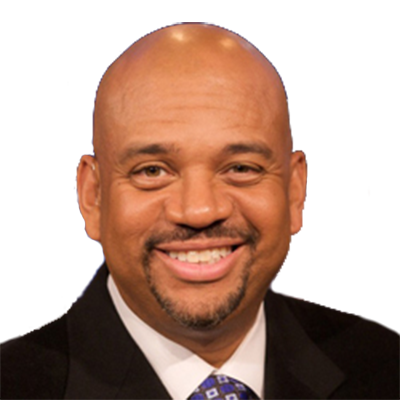 Michael Wilbon
Michael Wilbon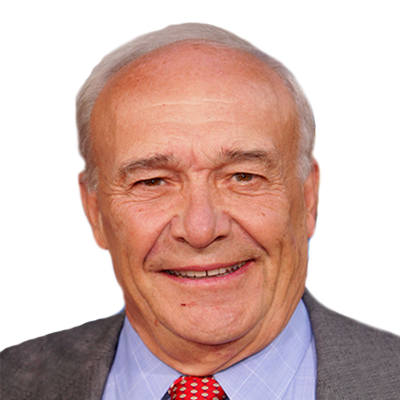 Bill Nack
Bill Nack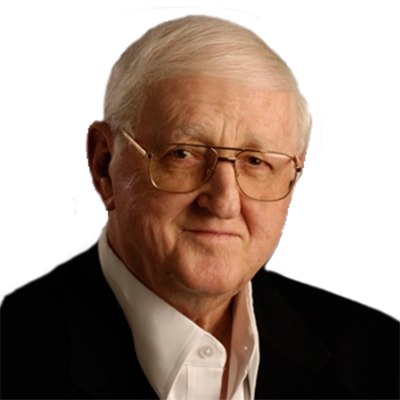 Dan Jenkins
Dan Jenkins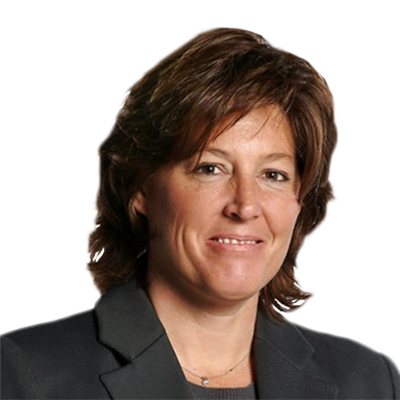 Sally Jenkins
Sally Jenkins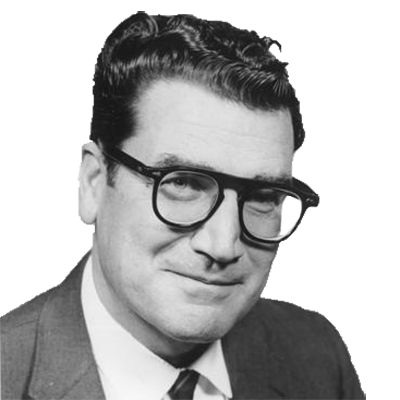 Jim Murray
Jim Murray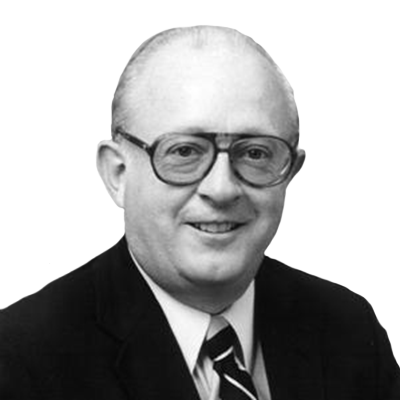 Dave Anderson
Dave Anderson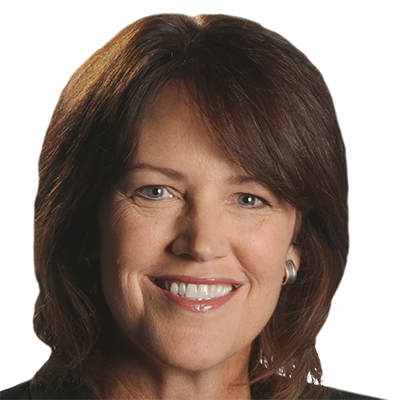 Christine Brennan
Christine Brennan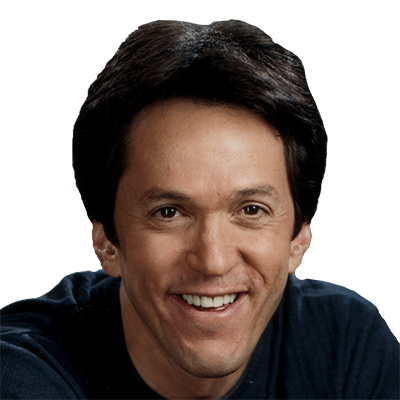 Mitch Albom
Mitch Albom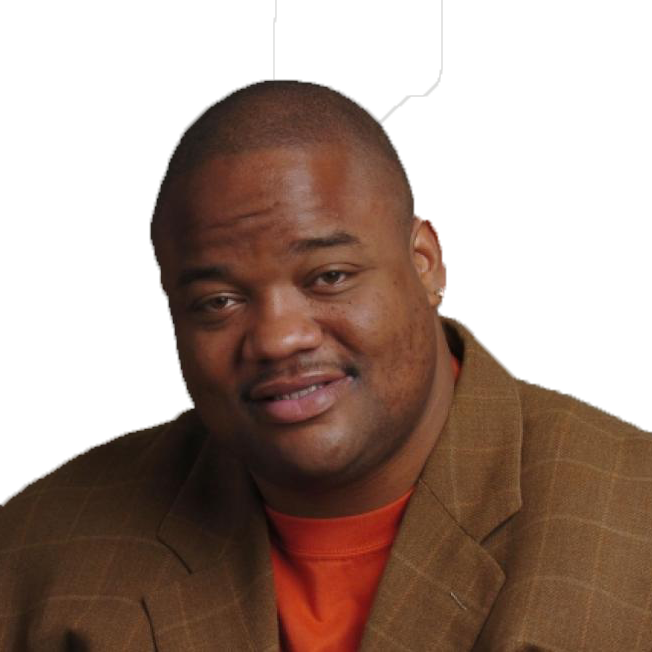 Jason Whitlock
Jason Whitlock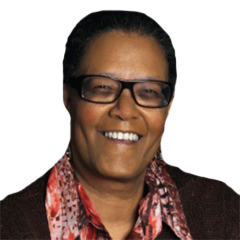 Claire Smith
Claire Smith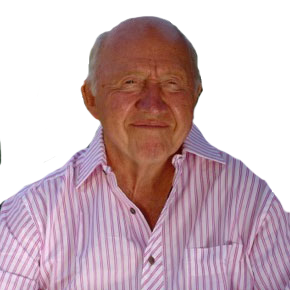 Bud Collins
Bud Collins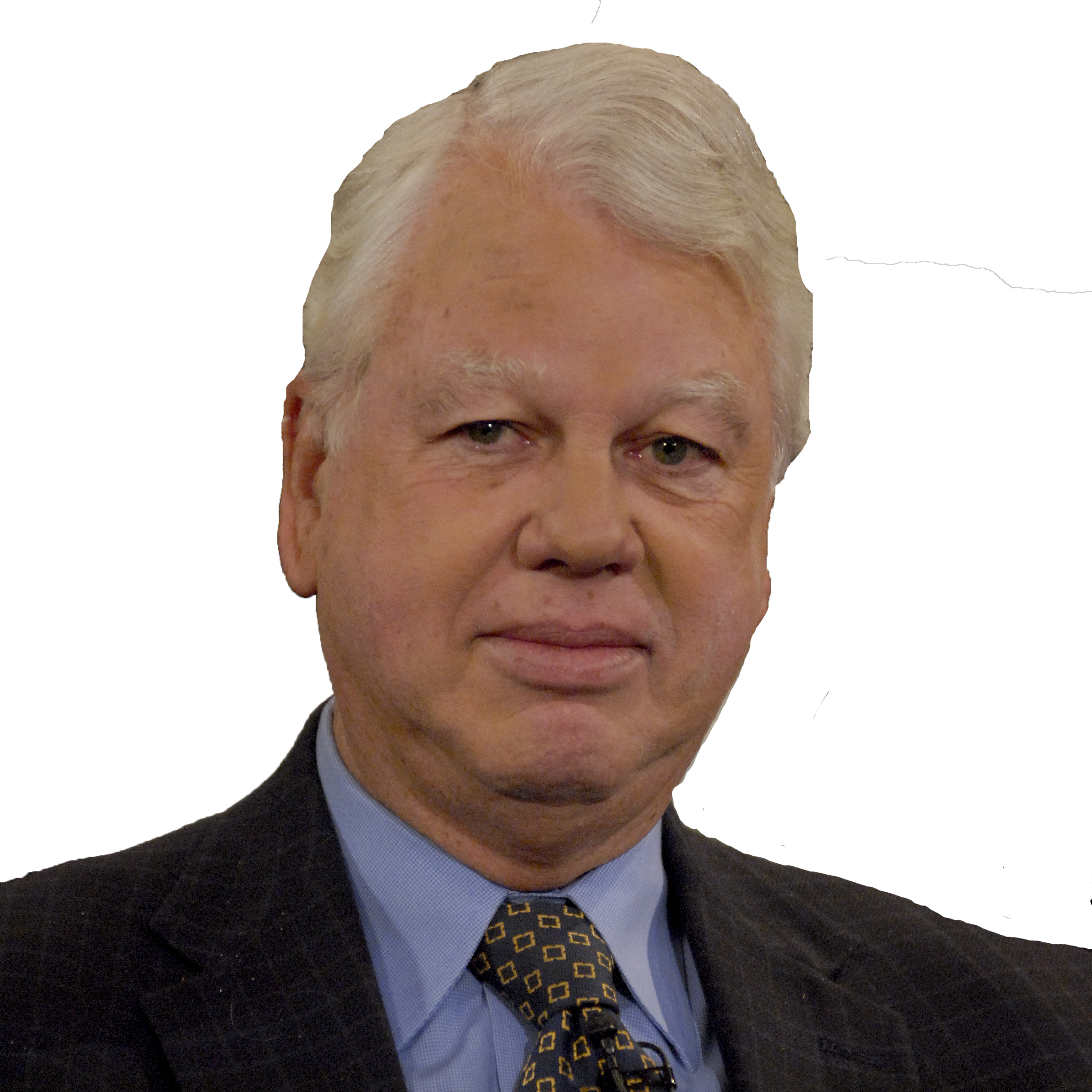 Bob Ryan
Bob Ryan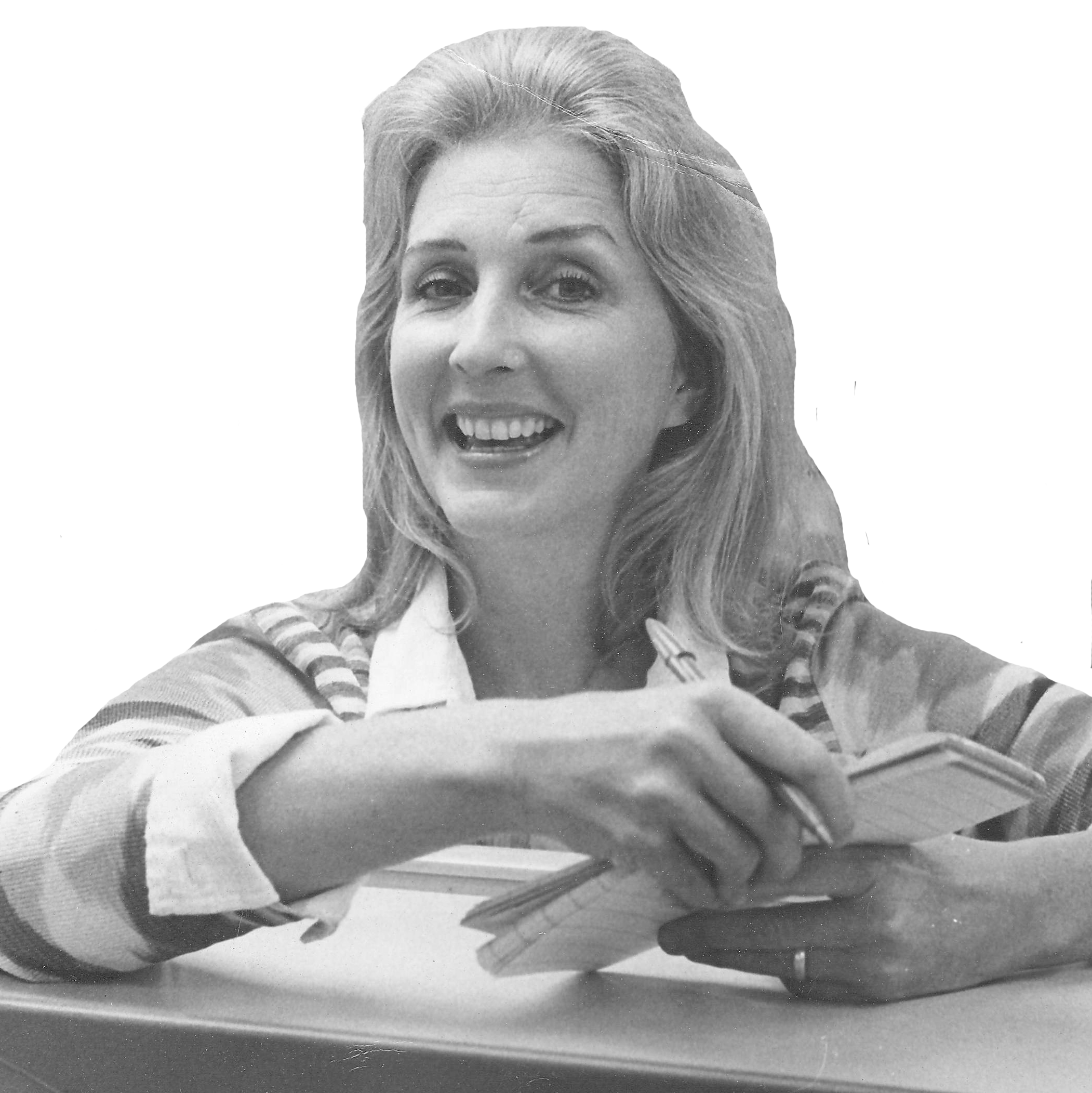 Joan Ryan
Joan Ryan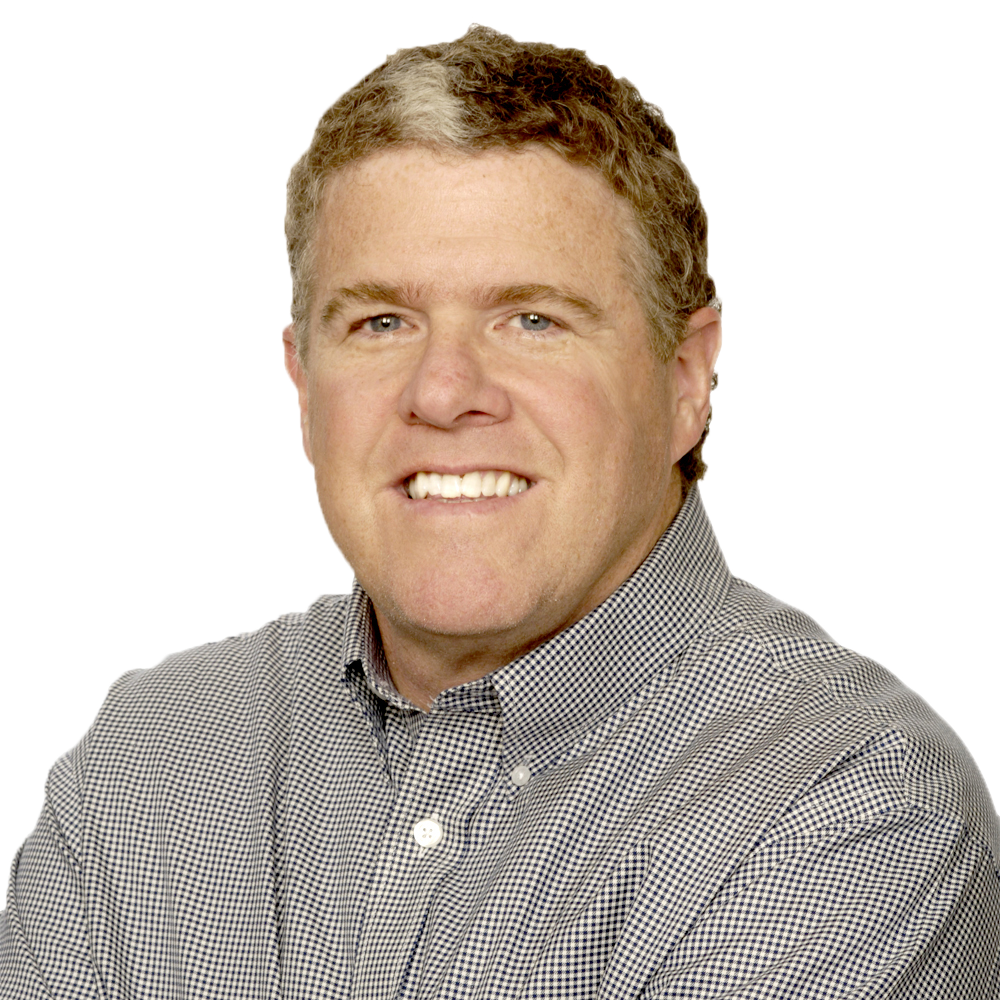 Peter King
Peter King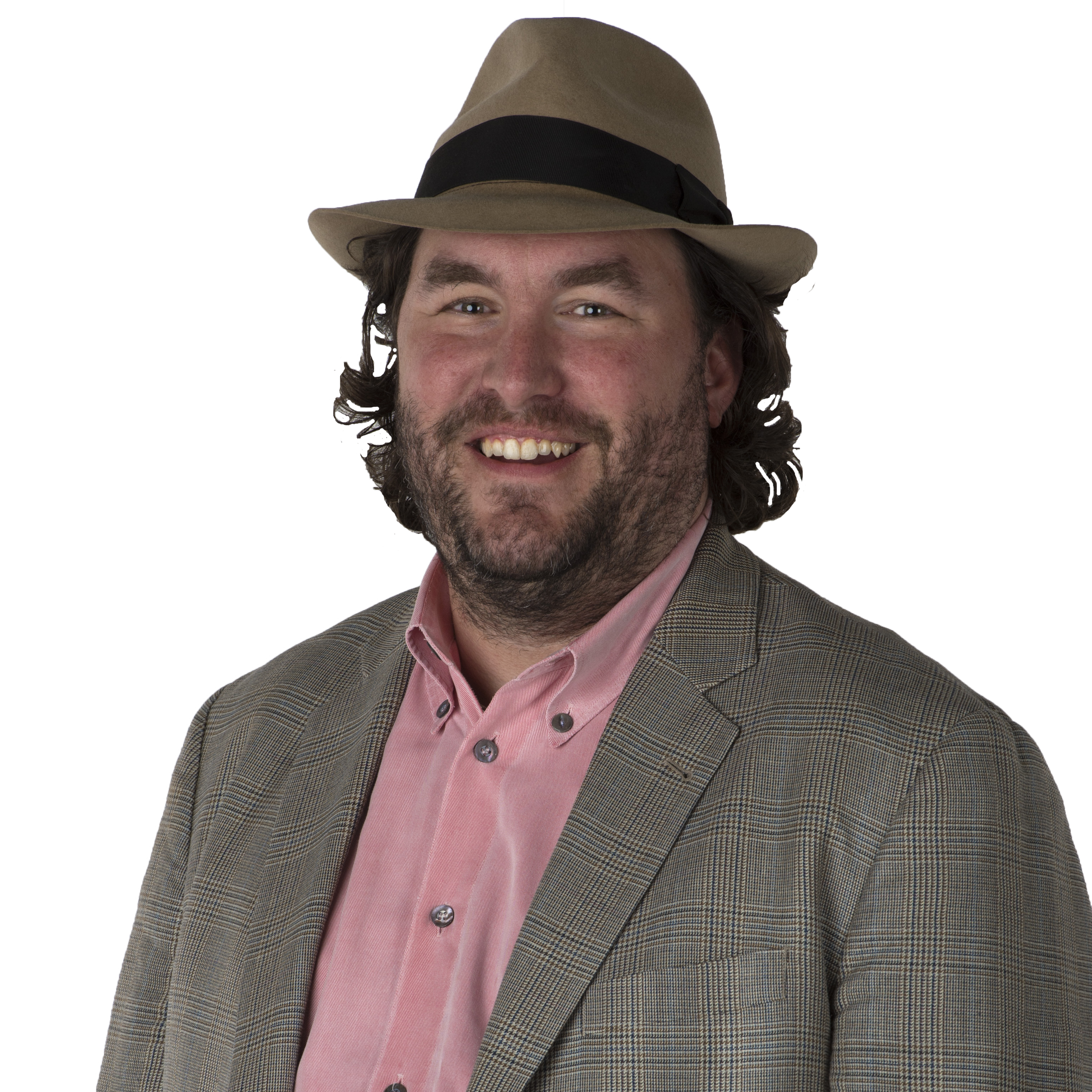 Wright Thompson
Wright Thompson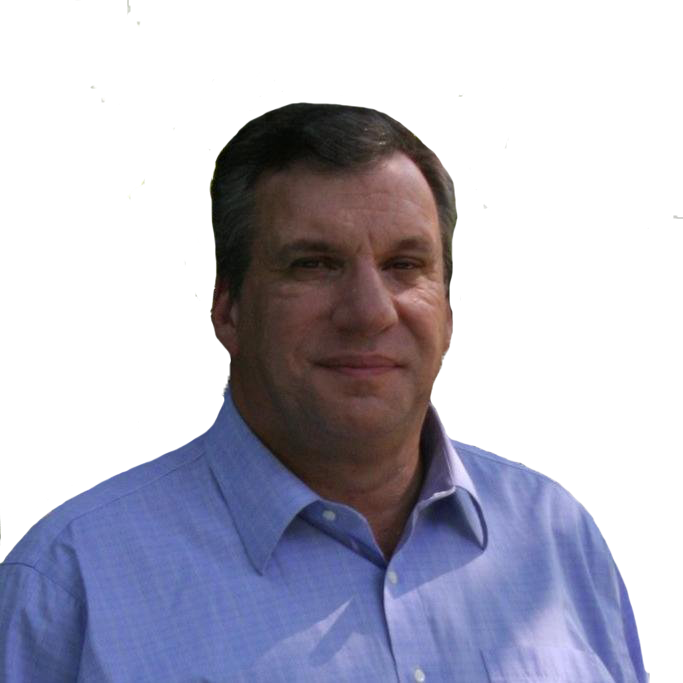 John Feinstein
John Feinstein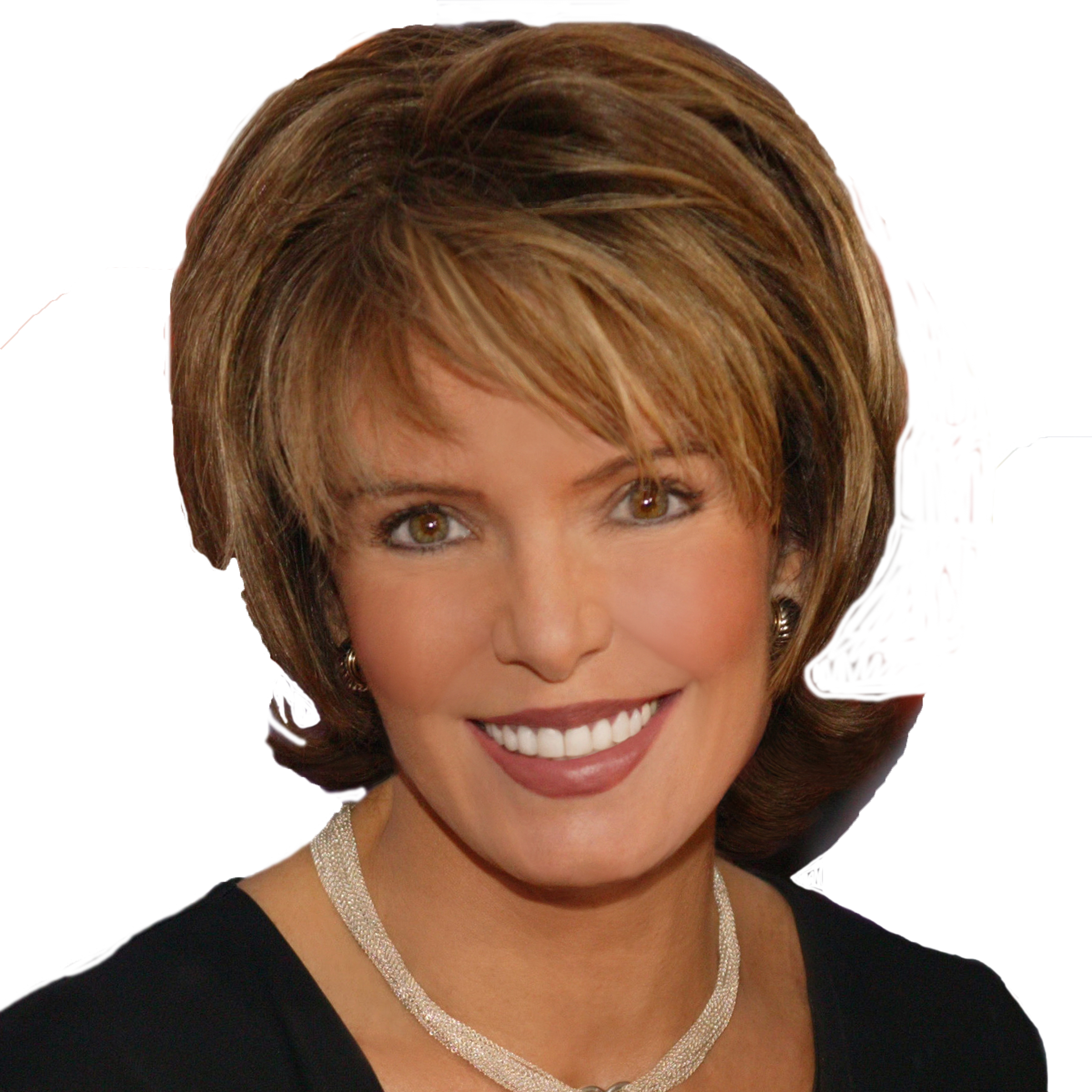 Lesley Visser
Lesley Visser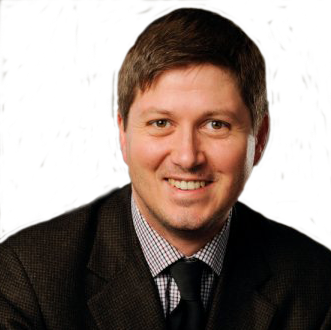 Will Leitch
Will Leitch Tim Kurkjian
Tim Kurkjian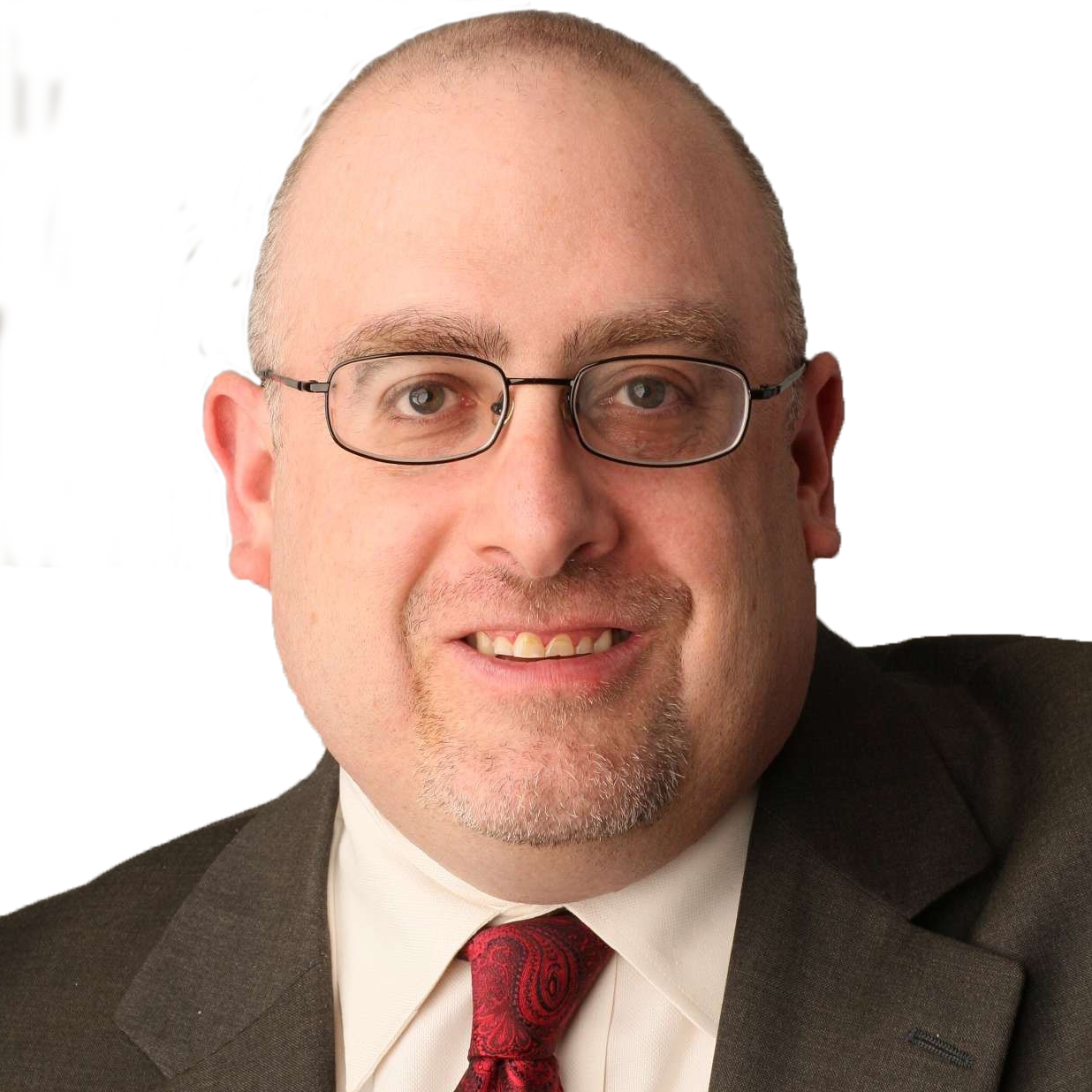 Joe Posnanski
Joe Posnanski
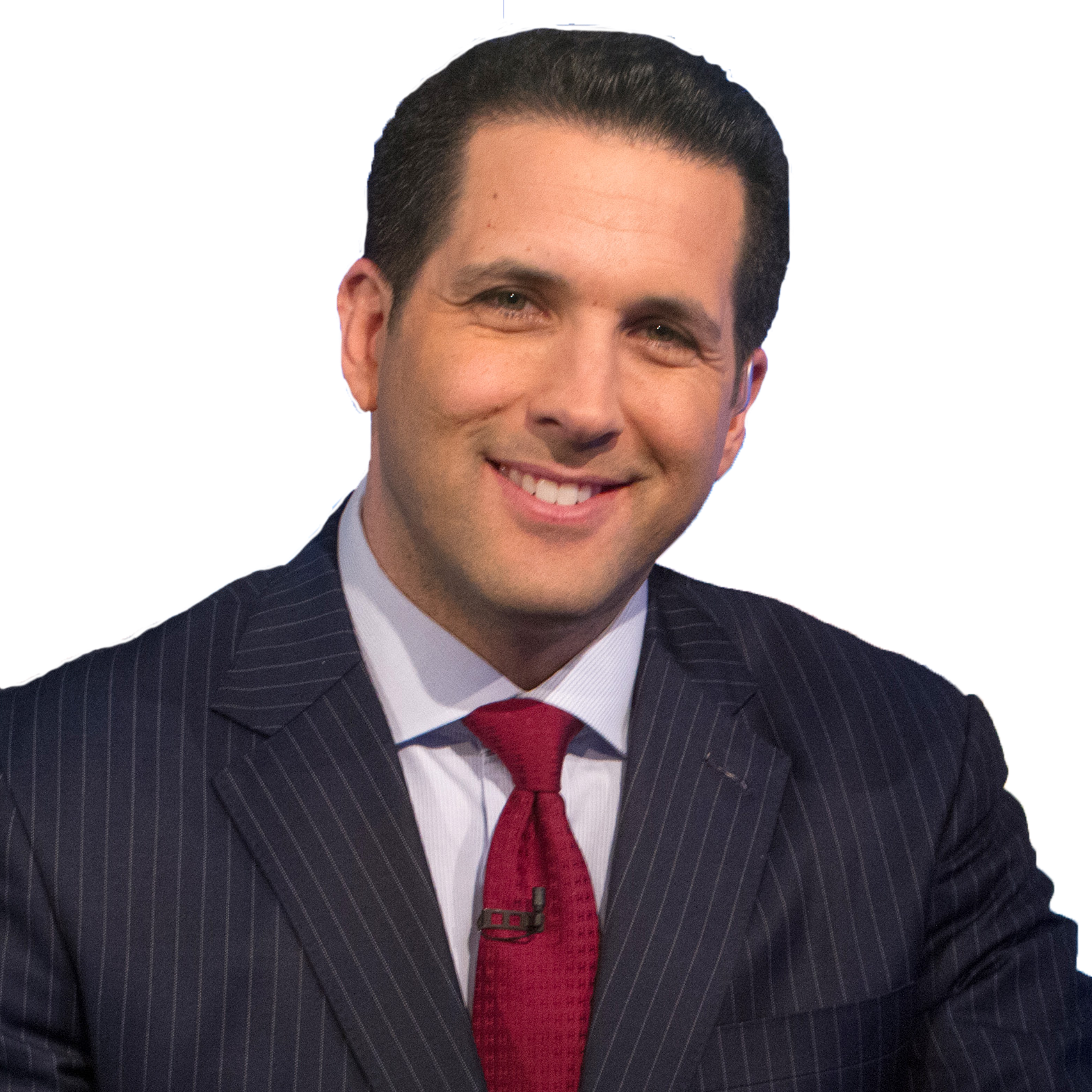 Adam Schefter
Adam Schefter
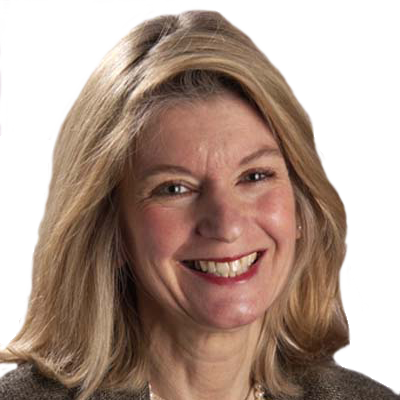 Terry Taylor
Terry Taylor
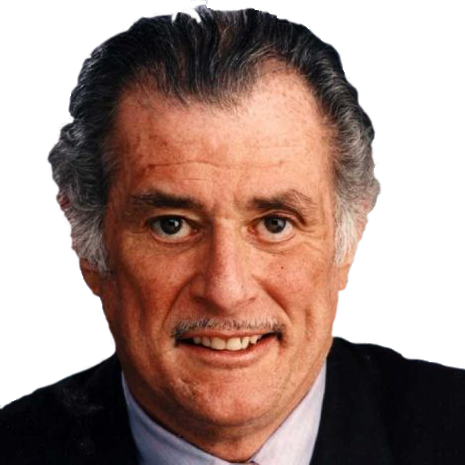 Frank Deford
Frank Deford
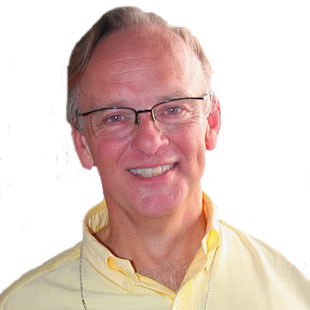 Tom Boswell
Tom Boswell
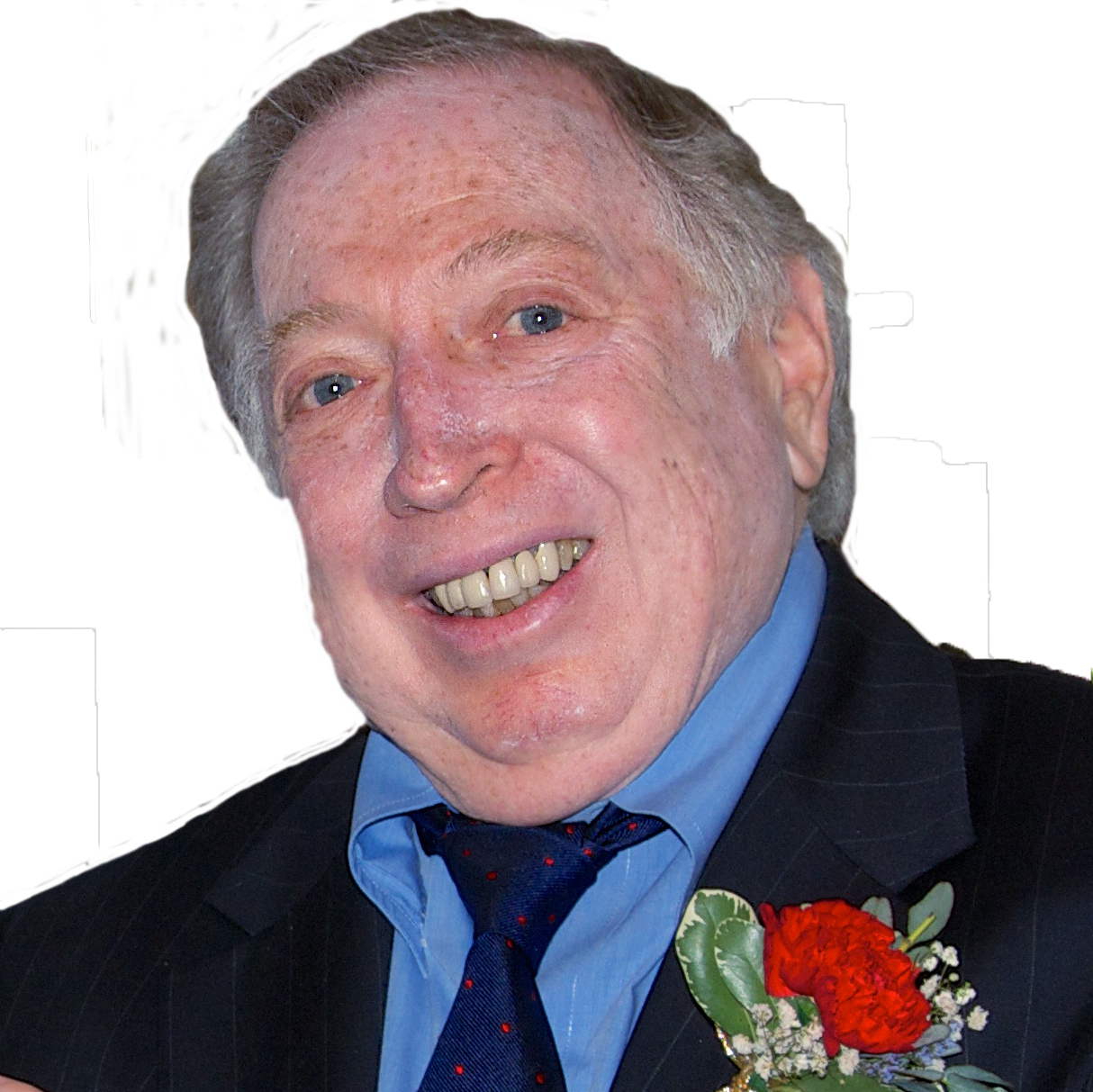 Neil Leifer
Neil Leifer
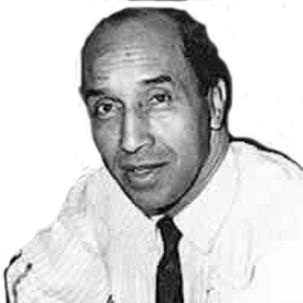 Sam Lacy
Sam Lacy
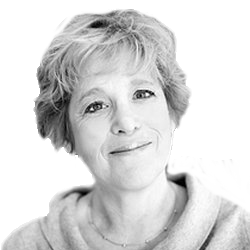 Jane Leavy
Jane Leavy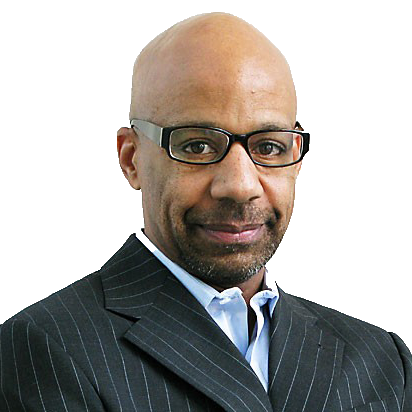 Kevin Blackistone
Kevin Blackistone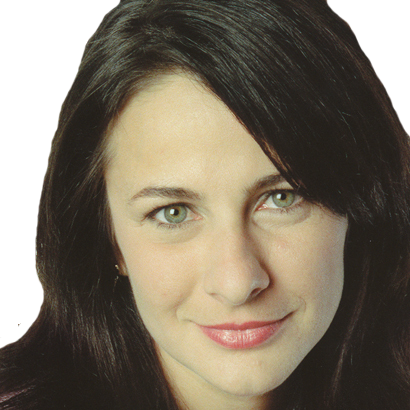 Juliet Macur
Juliet Macur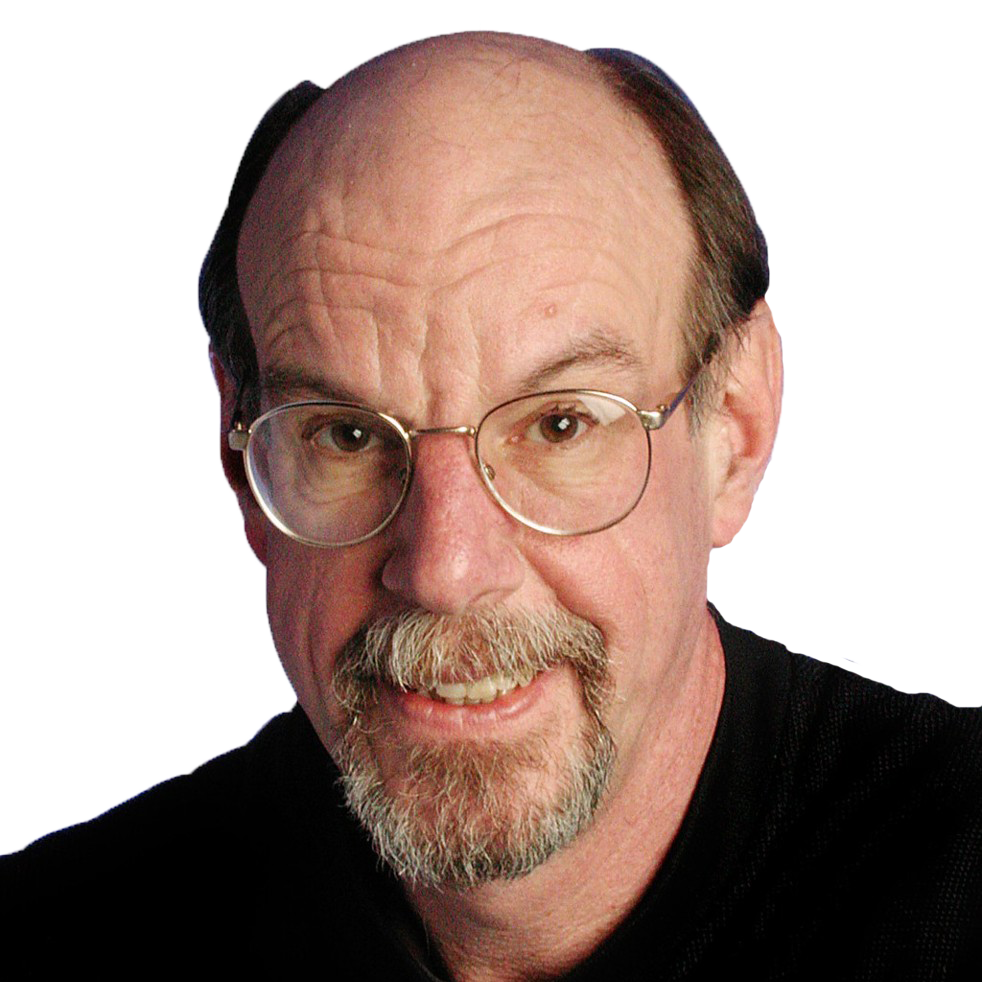 Andrew Beyer
Andrew Beyer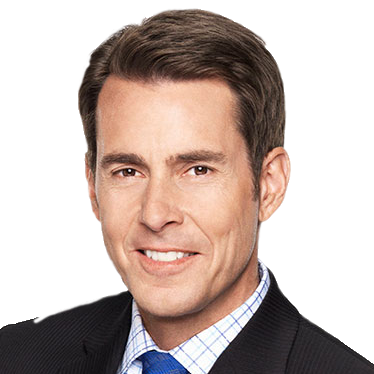 Tom Verducci
Tom Verducci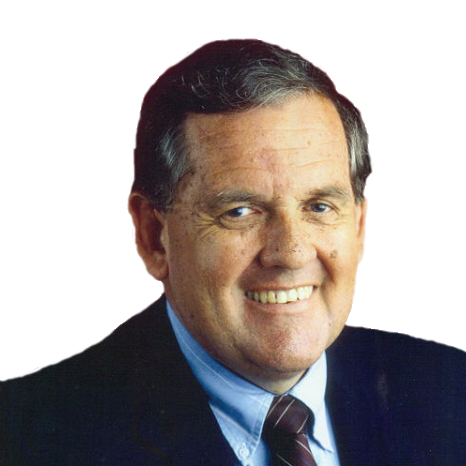 Hubert Mizell
Hubert Mizell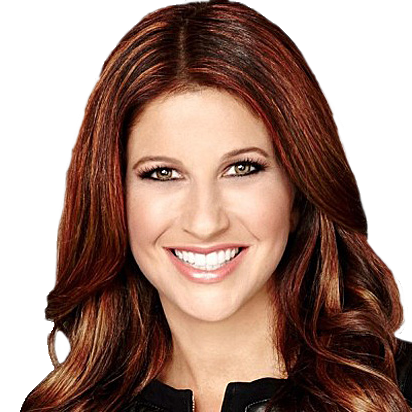 Rachel Nichols
Rachel Nichols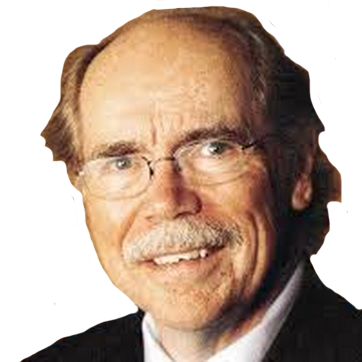 Dave Kindred
Dave Kindred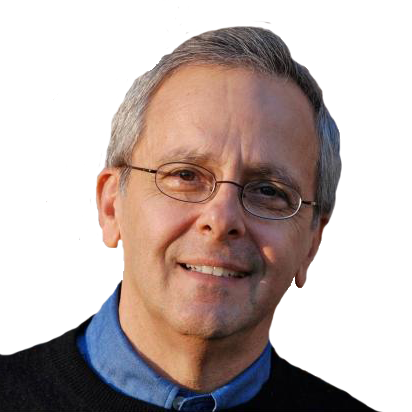 Mike Lupica
Mike Lupica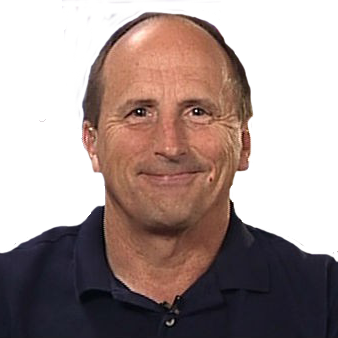 Richard Justice
Richard Justice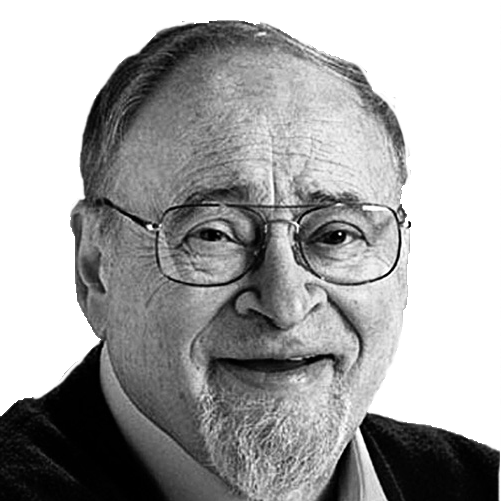 Jerry Izenberg
Jerry Izenberg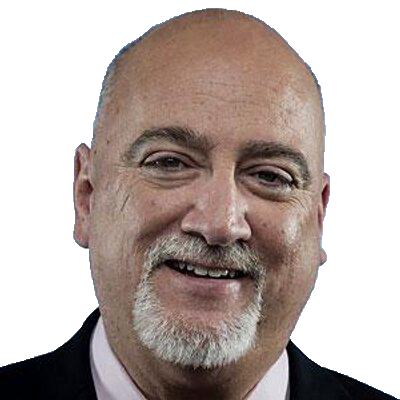 Bill Plaschke
Bill Plaschke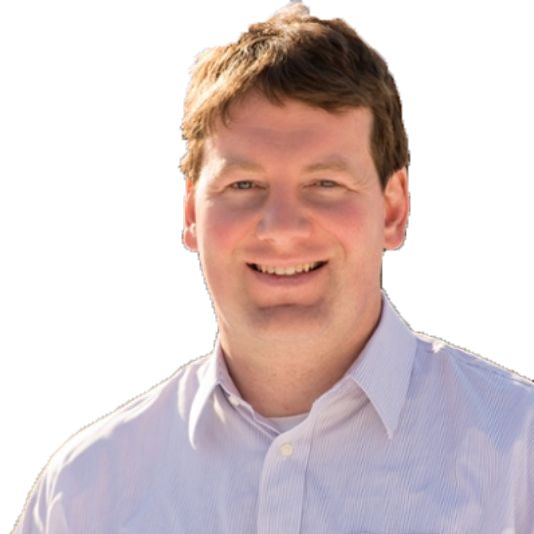 Kevin Van Valkenburg
Kevin Van Valkenburg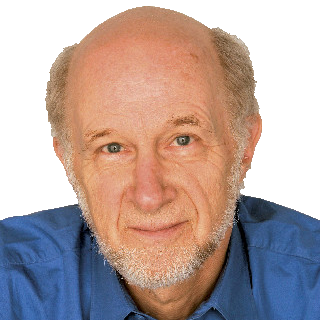 George Vecsey
George Vecsey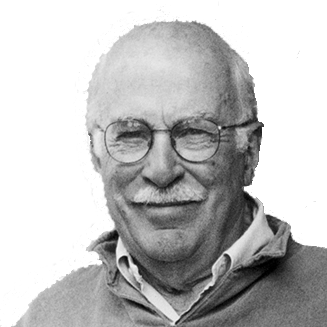 Roger Angell
Roger Angell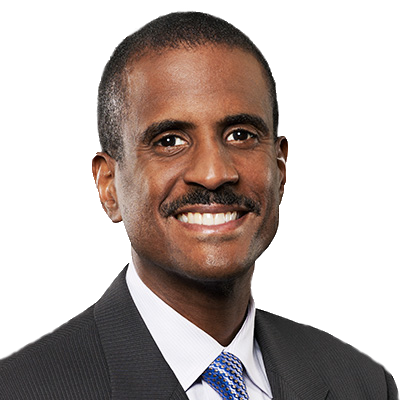 David Aldridge
David Aldridge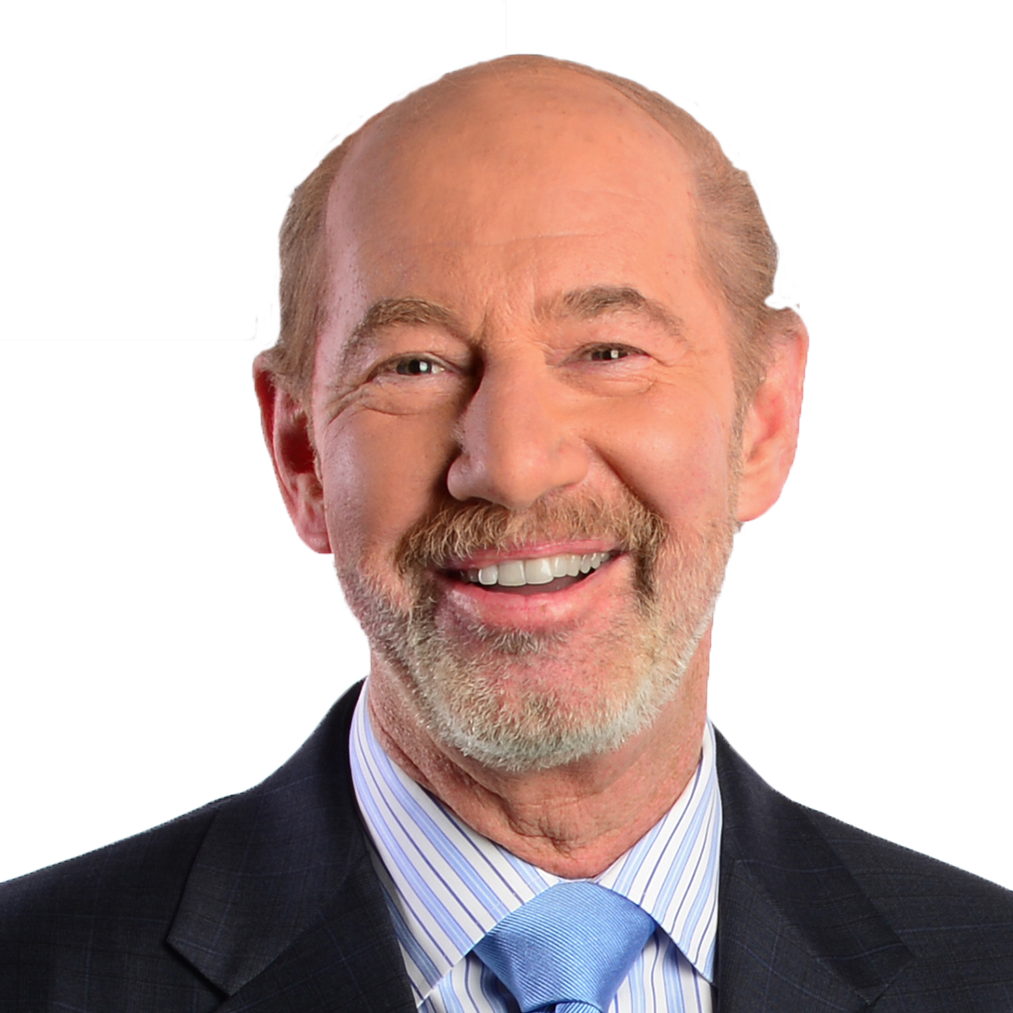 Tony Kornheiser
Tony Kornheiser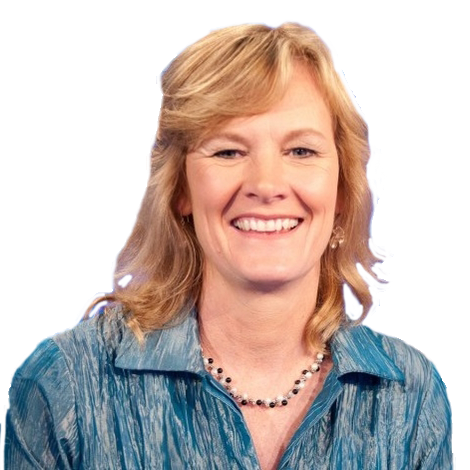 Jackie MacMullan
Jackie MacMullan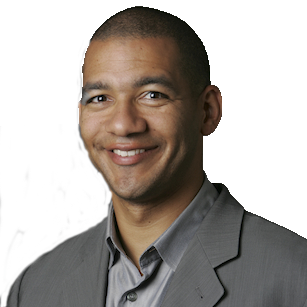 J.A. Adande
J.A. Adande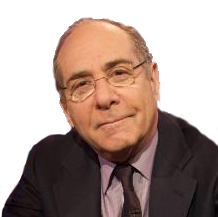 Robert Lipsyte
Robert Lipsyte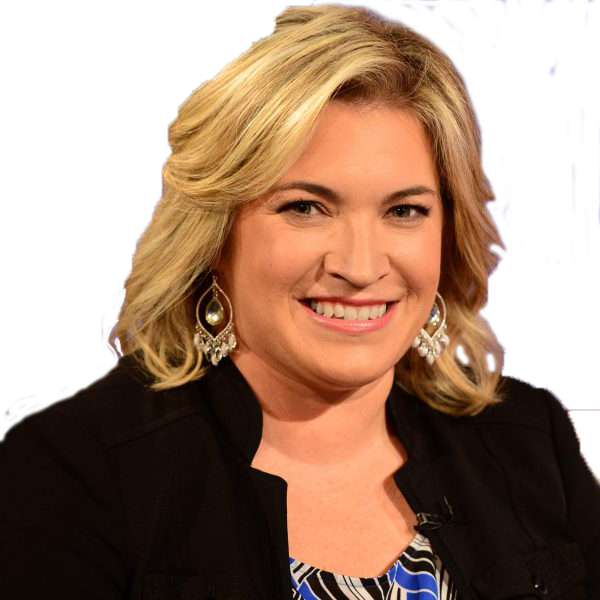 Ramona Shelburne
Ramona Shelburne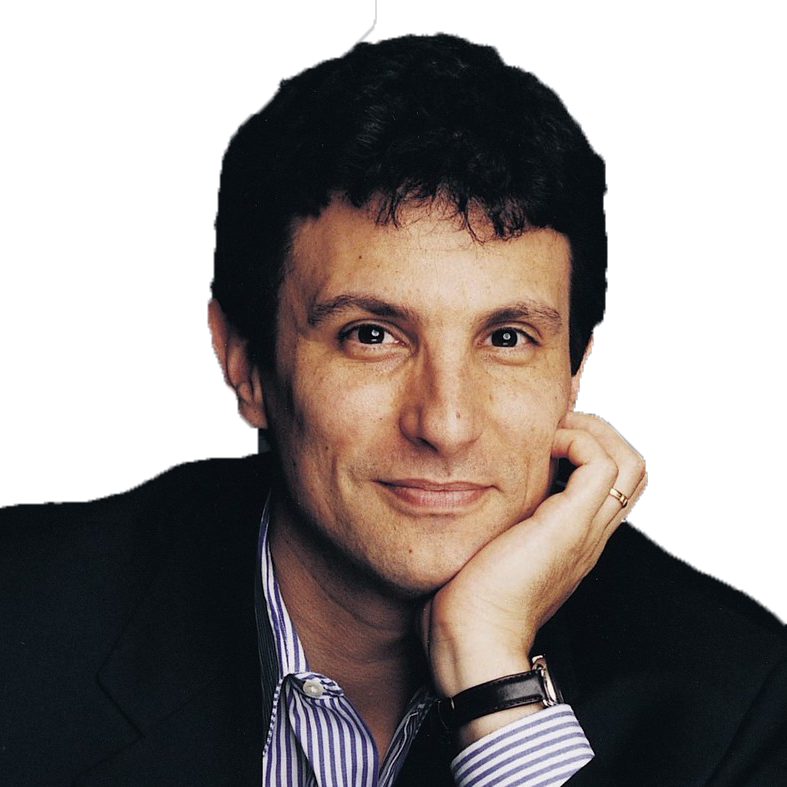 David Remnick
David Remnick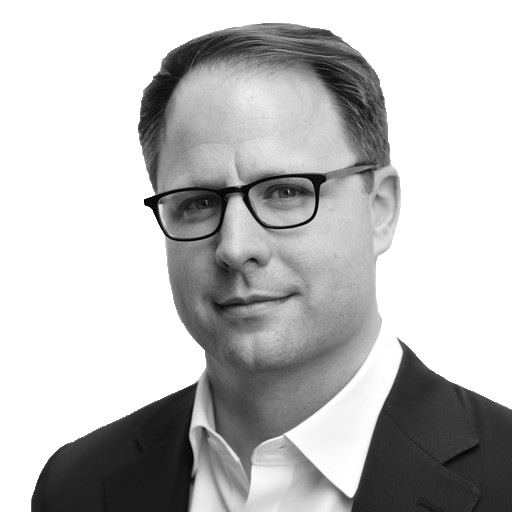 Bryan Curtis
Bryan Curtis Chuck Culpepper
Chuck Culpepper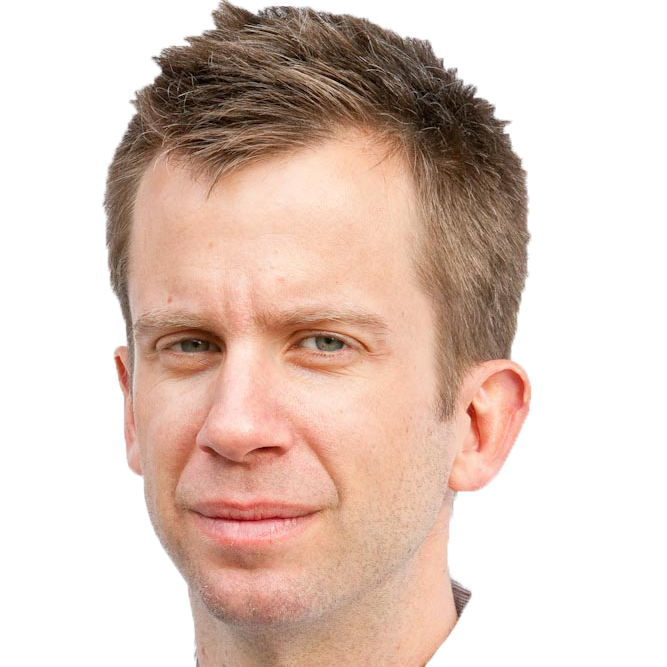 Jason Gay
Jason Gay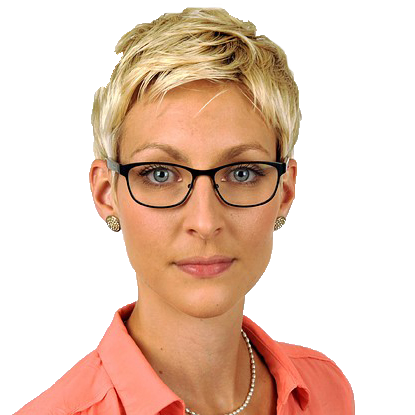 Heidi Blake
Heidi Blake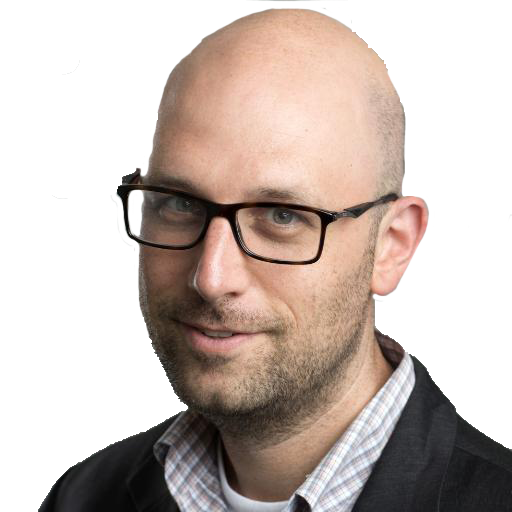 Dan Steinberg
Dan Steinberg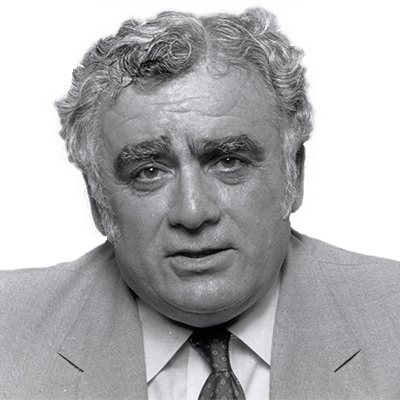 Jerome Holtzman
Jerome Holtzman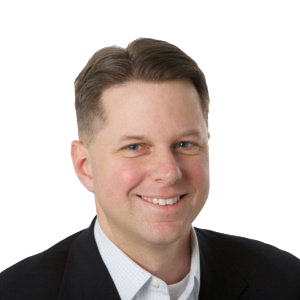 Barry Svrluga
Barry Svrluga
